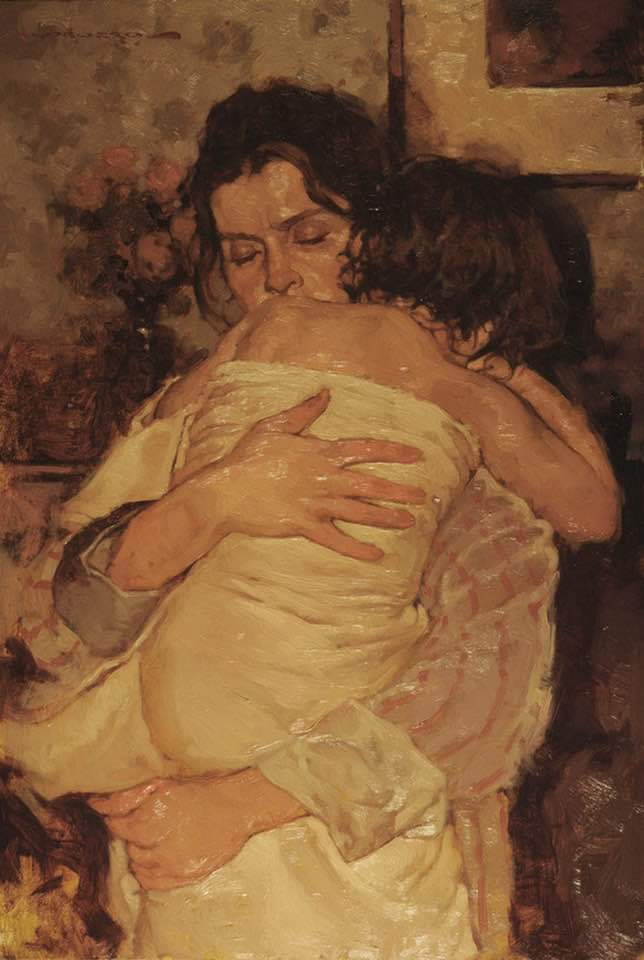Tom Stoppard's quote from "The Coast of Utopia"
Because children grow up, we think a child's purpose is to grow up. But a child's purpose is to be a child. Nature doesn't disdain what lives only for a day. It pours the whole of itself into the each moment. We don't value the lily less for not being made of flint and built to last. Life's bounty is in its flow, later is too late. Where is the song when it's been sung? The dance when it's been danced? It's only we humans who want to own the future, too. We persuade ourselves that the universe is modestly employed in unfolding our destination. We note the haphazard chaos of history by the day, by the hour, but there is something wrong with the picture. Where is the unity, the meaning, of nature's highest creation? Surely those millions of little streams of accident and wilfulness have their correction in the vast underground river which, without a doubt, is carrying us to the place where we're expected! But there is no such place, that's why it's called utopia. The death of a child has no more meaning than the death of armies, of nations. Was the child happy while he lived? That is a proper question, the only question. If we can't arrange our own happiness, it's a conceit beyond vulgarity to arrange the happiness of those who come after us.
~Tom Stoppard
Tom Stoppard's quote from "The Coast of Utopia" is a profound reflection on the nature of life, particularly focusing on the essence of childhood and the human tendency to constantly look towards the future. Stoppard emphasizes that a child's purpose is not solely to grow into an adult, but to fully experience being a child. He suggests that nature invests fully in each moment of life, regardless of its duration. By comparing the fleeting beauty of a lily with the enduring hardness of flint, Stoppard highlights that the value of life lies in its transient nature and not in its permanence.
The quote challenges the human desire to control and predict the future, asserting that the universe is not primarily concerned with our individual destinies. Stoppard points out the irony in human efforts to find order and meaning in the chaos of history, proposing that the idea of a predestined path (utopia) is an illusion. He stresses that the significance of life, including the tragic death of a child, should be measured by the happiness experienced in the living moments, rather than in the pursuit of a predetermined future.
The call to focus on present happiness over future planning is a critique of human arrogance. Stoppard argues that it's presumptuous to try to shape the happiness of future generations when we struggle to achieve our own. This perspective invites contemplation on the importance of living in the present, appreciating life's fleeting moments, and recognizing the inherent value in each stage of life, especially childhood.
The artwork of Joseph Lorusso, known for his emotive and atmospheric paintings, would complement this quote beautifully by visually capturing the essence of these reflections. His style, characterized by soft, warm tones and a focus on intimate, everyday scenes, could effectively portray the simplicity and beauty of childhood, the flow of life, and the human condition.


